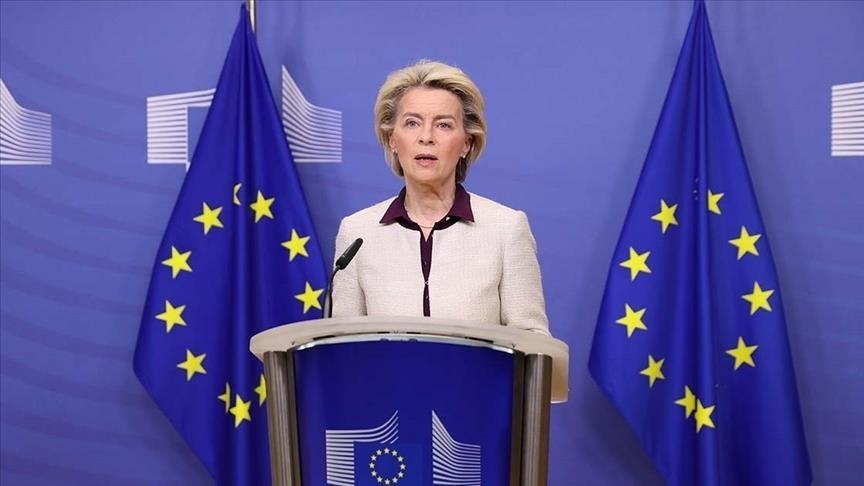The European Union (EU) will amend its sanctions on Moscow on Wednesday by allowing the unfreezing of some funds of top Russian banks that may be required to ease blockages in the global trade of food and fertilisers, a draft document showed.
The move comes amid criticism from African leaders about the negative impact of the sanctions on the trade, which may have worsened shortages caused by Russia’s attacks on Ukraine and its blockading of ports in the Black Sea.

Under the changed regulation, which is expected to be adopted by EU envoys on Wednesday, EU nations will be able to unfreeze previously blocked economic resources owned by top Russian lenders VTB (VTBR.MM), Sovcombank, Novikombank, Otkritie FC Bank, VEB, Promsvyazbank and Bank Rossiya, the document said.
Separately, under the new sanctions to be approved, Sberbank (SBER.MM), Russia’s largest bank, will also become subject to the freezing of its assets, with the exception of resources needed for food trade.
The draft document said money could be released after determining that such funds or economic resources are necessary for the purchase, import or transport of agricultural and food products, including wheat and fertilizers.
The EU also plans to facilitate exports of food from Russian ports, which traders had stopped using after EU sanctions despite the measures explicitly exempting food exports.
Read Also: Osun Governorship election: Gov. Diri gets rousing welcome to Bayelsa
The European Union has so far denied its sanctions affected food trade.
Meanwhile, Russian forces continue with their bombardment of cities across Ukraine with intense shelling of Sumy in the north, cluster bombs targeting Mykolaiv, and a missile strike in Odesa in the south.
The EU, along with the United States, Britain and others, imposed sweeping sanctions on Russia after its invasion of Ukraine on Feb. 24. Russia calls its actions a “special military operation” to disarm and “denazify” Ukraine. Kyiv and the West say Moscow is waging an unprovoked war of aggression.





